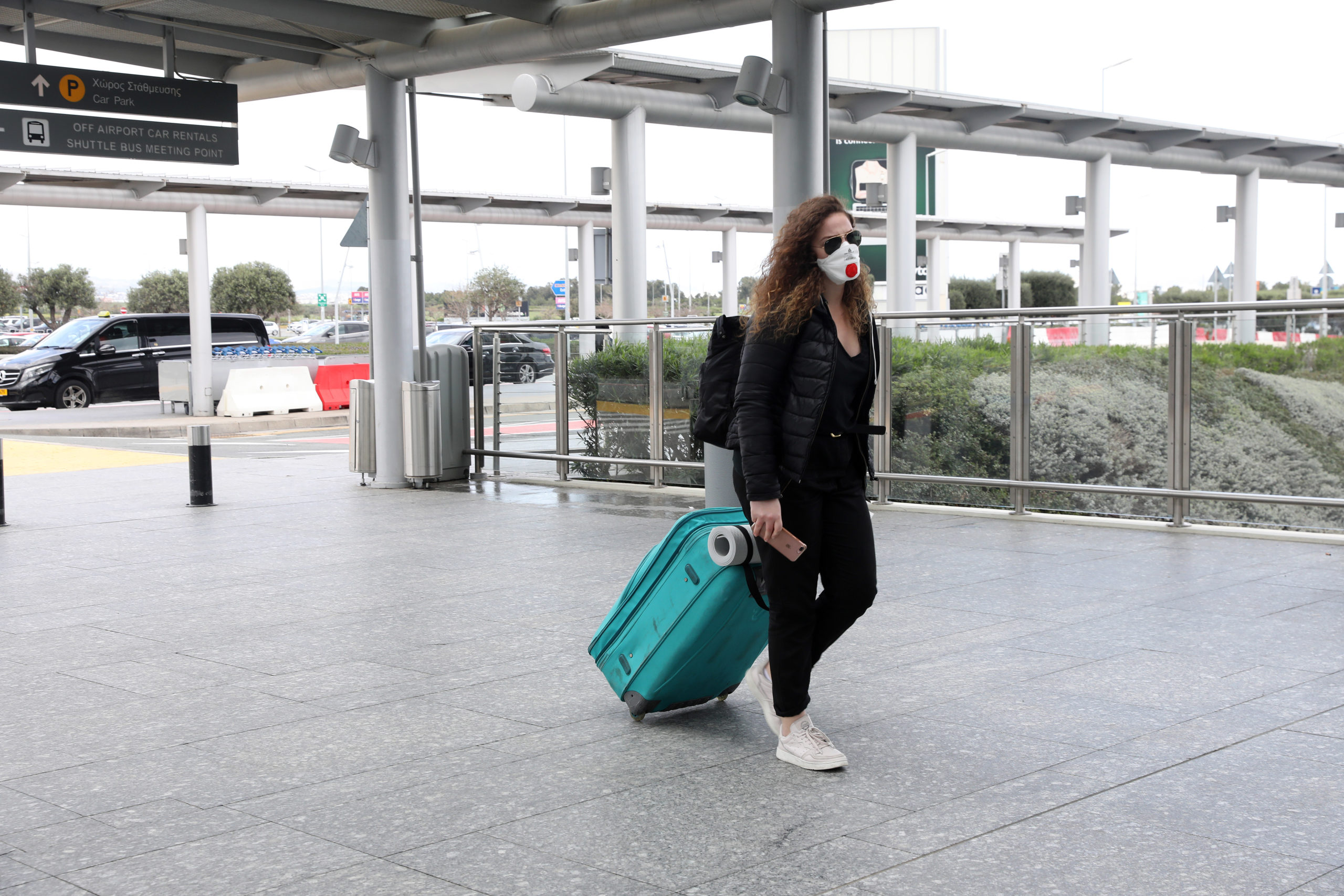We got bored with the virus, but it was waiting for us to lose interest in maintaining a rigorous hygiene regime, keeping our distance, and limiting social contacts.
For so long Cyprus had been proud of its coronavirus containment efforts, calling it a shining example for the world to follow.
In the early days of no-nonsense transmission control, there were stay-at-home decrees, night curfews, restricted movement and only text message approval could break self-isolation.
Airports were shutdown; hotels were turned into quarantine centres while our social lives were decimated.
After three months of lockdown, the cracks began to show, the economy was on its knees and there were days when daily cases fell to zero.
There was a feeling the virus had gone; it had been defeated at the altar of science and self-discipline.
But the virus was banking on our humanity, our need to socialise, travel around, meet people, hang out at bars and restaurants, hold parties to celebrate.
The younger generation thought they were immune to the deadly disease which, they thought, could only kill the frail and the elderly.
Slowly, we were allowed out of COVID-19 hibernation, back to work, able to fly, welcome people into our homes again, sit at a café for no particular reason but to drink coffee among strangers.
It was good to get out and feel alive once more without living in fear of catching the plague or spending weeks on a respirator.
Those days of winning the war against COVID now seem a distant mirage created by our need for normality — not a new normal of face masks, constant hand washing and physical distancing.
Society didn’t want to hear the new normal may last a few years rather than several months.
Surely but suddenly the tide began to turn against us, the wave of daily cases grew higher as the crushing sound of panic at the Health Ministry could be heard.
Cyprus is no longer counting a handful of cases a week but faces a fully-fledged counter-offensive from the virus.
Coronavirus is quickly spreading through the community; people have become careless and disinterested in fighting the pandemic.
A few months ago, we would have flinched if the number of daily cases went above five, now we are happy to keep it under 20 while trace, track and test goes into overdrive.
Younger people are now contracting the virus because they are more likely to visit bars, have many social contacts while generally taking fewer precautions to protect themselves.
The virus itself is adapting, becoming more fine-tuned to the human condition, banking on our weakness for interaction and travel.
Chain of transmission
It has become milder, ensuring its hosts show no symptoms of the disease, careful they don’t get sick and die because the virus wants to live and spread its tentacles far and wide.
And whisper it quietly, because the authorities are afraid to say it, we have some super spreaders among us causing their own trademark clusters and chains of transmission.
Certainly, there is no evidence to suggest that people are deliberately going out with a death wish to infect others but their carelessness has the same effect.
Although the authorities would like to paint a less sinister picture, some people have broken their self-isolation to do as they please.
By disregarding the rules, they have infected others, innocent bystanders unaware that they and their families were being exposed by selfish, arrogant, and ignorant individuals.
One case concerns a woman who returned from America but decided that self-isolation was not for her.
She had a social life to attend to, no matter what the cost, even if it meant infecting at least 30 other people.
For some reason, the Health Ministry has quietly mentioned the chain of infection linked to this woman while the Justice Minister has sidestepped the issue rather than taking a stand on such behaviour.
The government must also take some of the blame for the way they dropped the ball on those returning from high-risk countries.
It scrapped state-designated facilities to hold people in quarantine who could be monitored in a secure environment.
In doing so, it failed to impose a stricter regime of checking whether people were abiding by their self-isolation status.
Only when the virus started spreading at an accelerated rate were the police ordered to intensify checks on those who should be at home.
Due to the good work done at the beginning of this crisis, the government seems to have escaped scrutiny over the spike in cases.
Everyone is accountable for their actions, coronavirus is teaching us that, but the lessons are not being learnt.










